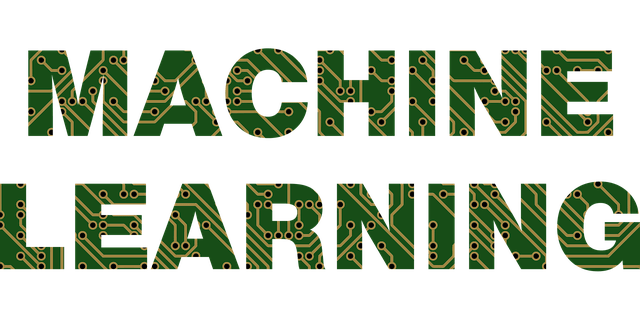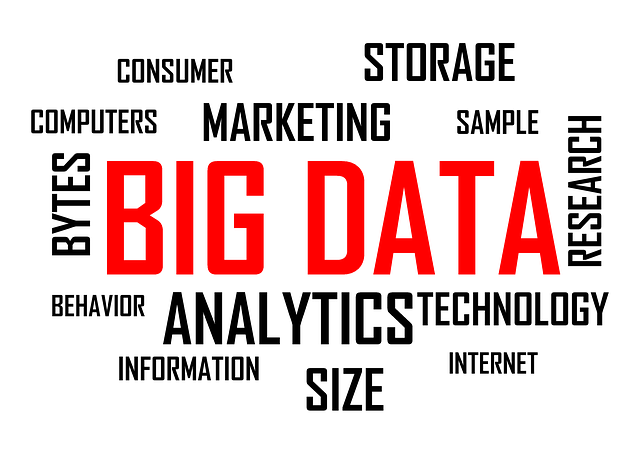Artificial intelligence (AI) is now the talk of the world in the tech industry.
Artificial intelligence is one of the biggest things that’s happening, and many tech products are now driven by AI.
AI has some associated concepts such as machine learning, deep learning, IoT.
Basically, AI boils down to two concepts that you’ve probably heard of – machine learning and deep learning.
These two terms are often used interchangeably. That’s why it’s important to understand the differences.
What is machine learning?
A simple example of machine learning is a video streaming service.
In order for the service to be able to decide which new videos or actors it can recommend to the customer, algorithms must know the preferences of the viewer in a learning process and compare them with other viewers who have similar interests.
Basically, the definition of Machine learning is simply the algorithms that analyze data, learn from that analysis, and apply what is learned to make decisions without human interference.
Machine learning helps with a number of automated tasks in any environment it’s used.
AI now impacts almost every industry in the developed economies, from finding malware in IT security companies, weather forecasting, finding best-performing stocks, and others.
The algorithms are designed to work as virtual personal assistants.
Machine learning requires complex math and a lot of coding to eventually get the features and results you want.
In practice, however, the method often fails because the algorithms do not have enough data available.
It gets really interesting when computers learn new methods.
What is deep learning?
There’s no how we can talk deep about machine learning without talking about deep learning.
Deep learning is a subset of machine learning. In-depth learning works in a similar way, so the two terms are often used interchangeably.
However, the two systems have different features and functionalities.
Algorithms that master in-depth learning learn and get better with every calculation while in machine learning, a programmer has to interfere to make adjustments.
In deep learning, for example, the algorithms themselves determine whether their decision is right or wrong.

Advantages of Deep Learning in the Analysis of Big Data
Deep learning is based on the analysis of big data. The machine scans through a huge amount of data from databases, files, and emails, as well as social media and consumer shopping, to find some patterns or behavior.
With these patterns of behavior, companies can make better use of opportunities and gain competitive advantages.
These and other similar strategies help to manage resources, increased sales and improve customer services, and ultimately a higher quality of life for consumers.
Let’s go back to our example with the video streaming service. The algorithms can be programmed to respond to specific phrases found in the films.
Algorithms that work after deep learning try, by continuously analyzing data with a certain logical structure, to draw conclusions similar to what a human would do. To achieve this, deep learning uses a layered structure of algorithms called a neural network.
Difference between Deep Learning and Machine Learning
We can summarize the differences between the two in this way.
- Machine learning uses algorithms to analyze data, learn from that data, and make informed decisions based on what is learned.
- Deep learning structures algorithms in layers to create an artificial neural network that can learn independently and make intelligent decisions.
- Deep learning is a subset of machine learning. While both fall under the broad category of artificial intelligence, deep learning is what drives artificial intelligence.
In the near future, innovative deep learning applications that will help to make better decisions will be in the market.
Such advancement is expected to impact the following verticals across different fields of science.
- Text and image search in search engines
- Medical diagnoses
- Recognition of faces and vehicle license plates
- Automatic email marketing with target group recognition
- Automatic translation and photo tagging
- Online Advertising











